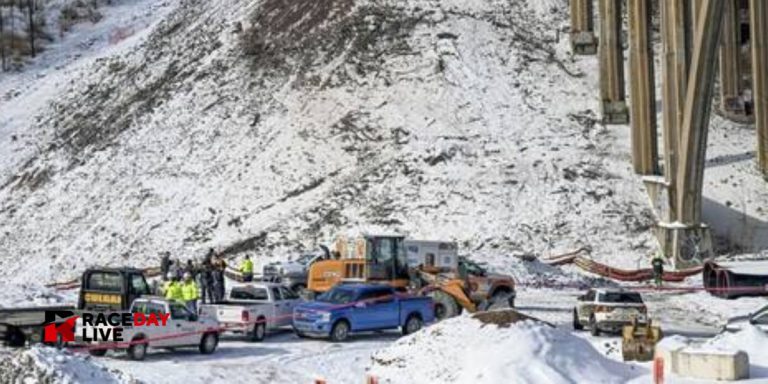The Alaska Department of Health is experiencing major delays in processing Food Stamps applications, affecting thousands of households around the state. This continuous issue has sparked significant worry among community members and legal professionals, as food aid delays have lasted for several years, generating widespread irritation and suffering.
Delays in processing Food Stamp applications are not new in Alaska. Recent state data, released as part of a class-action lawsuit led by the Northern Justice Project, demonstrate that the situation is far from remedied. The lawsuit seeks to compel the state to deliver these payments immediately, following years of delays that have had a significant impact on Alaskan families that rely on them.
The problem with food stamps has been around for years
Nick Feronti, the attorney representing the impacted residents, emphasizes the Alaska Department of Public Assistance’s alarming backlog of applications. This department manages the Supplemental Nutrition Assistance Program (SNAP), sometimes known as Food Stamps, on behalf of the federal government.
Feronti notes that, despite numerous efforts to address the backlog, thousands of individuals continue to wait for the food aid they require. He emphasizes that these delays not only have an impact on individuals’ and families’ well-being but also call into question the system’s overall integrity.
The depth of the issue is reflected in state data: in early September, more than 3,000 households had been waiting for nearly a month for their food assistance applications to be processed. As of that month, only 63% of normal applications were processed within the required time window, a significant decrease from May, when 87% of applications were completed on schedule.
A system requires long-term solutions
Feronti notes that, while certain temporary steps have been implemented to ameliorate the situation, they have been ineffective in addressing the root causes. “The data shows we still need long-term solutions,” he says, implying that the state must do more than merely apply band-aids.
He contends that, while short-term fixes may temporarily alleviate the problem, they do little to solve the underlying issues of Alaska’s SNAP program. Effective long-term solutions would necessitate a complete reform of the department’s systems and ability to meet demand.
Alaska’s food aid program has seen significant hardship in recent years. Staff shortages, antiquated equipment, and rising demand have all contributed to the system’s inability to keep up.
While the state has made some efforts to improve, such as hiring more employees and modifying application processes, the overall impact has been modest. According to Feronti, these procedures are insufficient to ensure that citizens have timely access to important benefits.
Deb Etheridge, the head of the Alaska Department of Public Assistance, has acknowledged the problem and the department’s ongoing efforts to resolve it. Etheridge was appointed in 2023 and inherited a substantial backlog; she has since worked to improve processing times.
In a recent statement, she stated that the team dedicated to handling delays had been revived, and she expressed confidence that the department would resume normal processing times within the next 30 days.
























+ There are no comments
Add yours